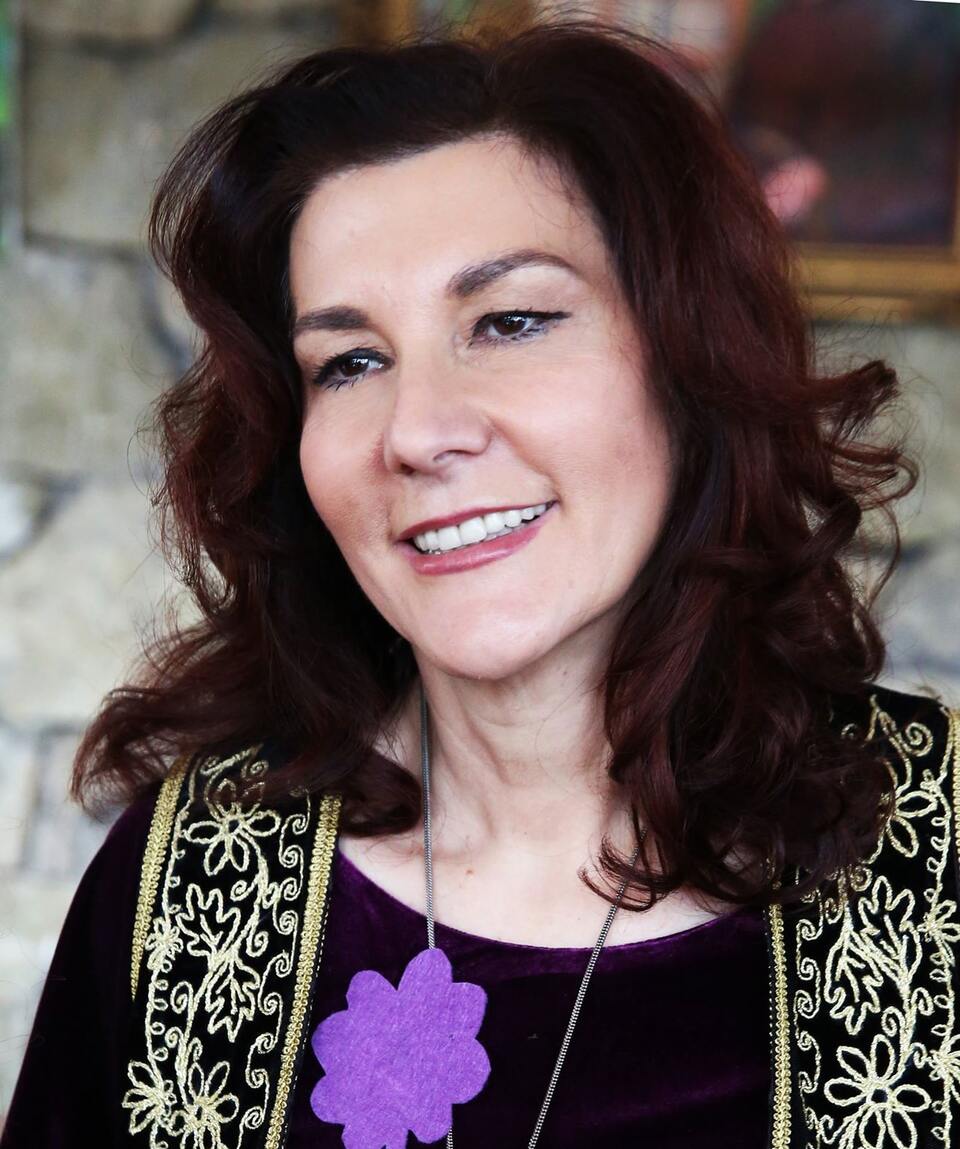Interview: “Non-governmental organizations remain the vital force that drives all action towards ending violence against women”
Date:

Fabiola Laço Egro is the founder and leader of the “Today for the Future” Community Center as well as a member of National Council of Civil Society in Albania and the Monitoring Network against Gender-Based Violence. One of the most prominent civil society activists in Albania, Ms. Laço Egro shares her perspectives and lessons learned on building networks and alliances to advance the gender equality agenda, a topic which she also tackled during the Fourth Regional Forum on Ending Violence against Women in the Western Balkans and Türkiye “Integrated Policies, Inclusive Partnerships,” organized within the EU-funded regional programme on ending violence against women “Implementing Norms, Changing Minds.”
Civil society organizations (CSOs) in Albania are represented in several national advisory bodies of the Albanian government. What is achieved through CSOs’ representation in these bodies?
Albania has been able to achieve progress in combating gender-based violence not only through improving legal frameworks, gender-responsive budgeting, and provision of support but also through strengthening the collaboration and partnership with civil society organizations. Non-governmental organizations remain the vital force that drives all action and keeps governments accountable and committed to fulfilling obligations deriving from international and regional instruments and conventions on combating violence. The continuous work, especially the advocacy and activism of CSOs in Albania, is crucial for strengthening democratic governance and advancing women’s rights in the global context of pushback on gender equality and backlash toward women’s rights.
During the Regional Forum, you mentioned successful cooperation between two national networks: Monitoring Network against Gender Based Violence and PRISMA Network - Albanian network for gender-responsive budgeting. What made this partnership successful?
Through this partnership, we have been able to successfully monitor the law on social housing, law on free legal aid, and law on domestic violence. We monitored the effective implementation of legal frameworks by providing substantial data and input. With the input of 16 NGOs, we also prepared Shadow Reports for CEDAW on the implementation of recommendations addressed to Albania by the committee of the parties to the Council of Europe Convention on preventing and combating violence against women and domestic violence 2018-2020. Lastly, we have been able to prepare advocacy plans and provide recommendations.
What are the main achievements of this cooperation?
Both networks provide information, data and needs assessments that serve as useful resources for directing action toward gender equality and against gender-based violence. Following PRISMA intervention in these 26 municipalities, 93 per cent of women consider social services crucial for the wellbeing of their families and themselves, and 96 per cent consider services against gender-based and domestic violence as crucial for theirs and their children’s lives and safety.
Both networks have increased their capacities and conducted joint activities in monitoring and service provision related to gender-based violence and gender equality as well in working to improve budgets for these services. Advocacy actions have been undertaken to improve these services as well their budgets.
What has PRISMA network achieved at the national and local levels, and where do you see its impact the most?
The PRISMA network is a network initiated and led by Community Development Center, “Today for the Future.” Over the last two years, it has made remarkable contributions to the participation of women and girls in participatory budgeting processes in 26 municipalities. These contributions focus on improving practices of participatory budgeting at the local level, monitoring local budget plans and priorities, and providing data and need assessments from a gender perspective.
The PRISMA network has also been working towards increasing the active participation of women and communities in participatory budgeting processes, which has led to the engagement of over 3200 women and girls from different groups.
Lastly, issues raised by women and communities have impacted the allocation of local budgets. 73 per cent of municipalities that applied gender-responsive budgeting made changes to their budget plans to reflect community concerns.
What are the main lessons learned related to collaboration within the network, between networks and participation in national bodies like the National Council on Gender Equality in Albania?
Networks are very resourceful platforms for directing action toward gender equality and fostering our plan against gender-based violence. By using this network and collaborating with each other, the capabilities and capacities to advocate for and build better services, resources, and actions toward gender equality will increase.
What do you see as the next steps moving forward to sustain the results achieved and increase gender equality in Albania?
In terms of next steps, we need to continue the measures on budgeting and costing services, which are linked with the needs of individuals and costs of living. In addition, we must focus on and continue the services on gender-based violence and gender equality and ensure these services are provided to all groups in all municipalities.
Another important step is to foster collaboration between CSOs and the government by fostering constructive dialogue based on the contributions of CSOs and making this collaboration part of the gender equality agenda.
Lastly, cross-regional cooperation and networking should be one of the focuses to foster joint action on the gender equality agenda and measures against gender-based violence in the region.